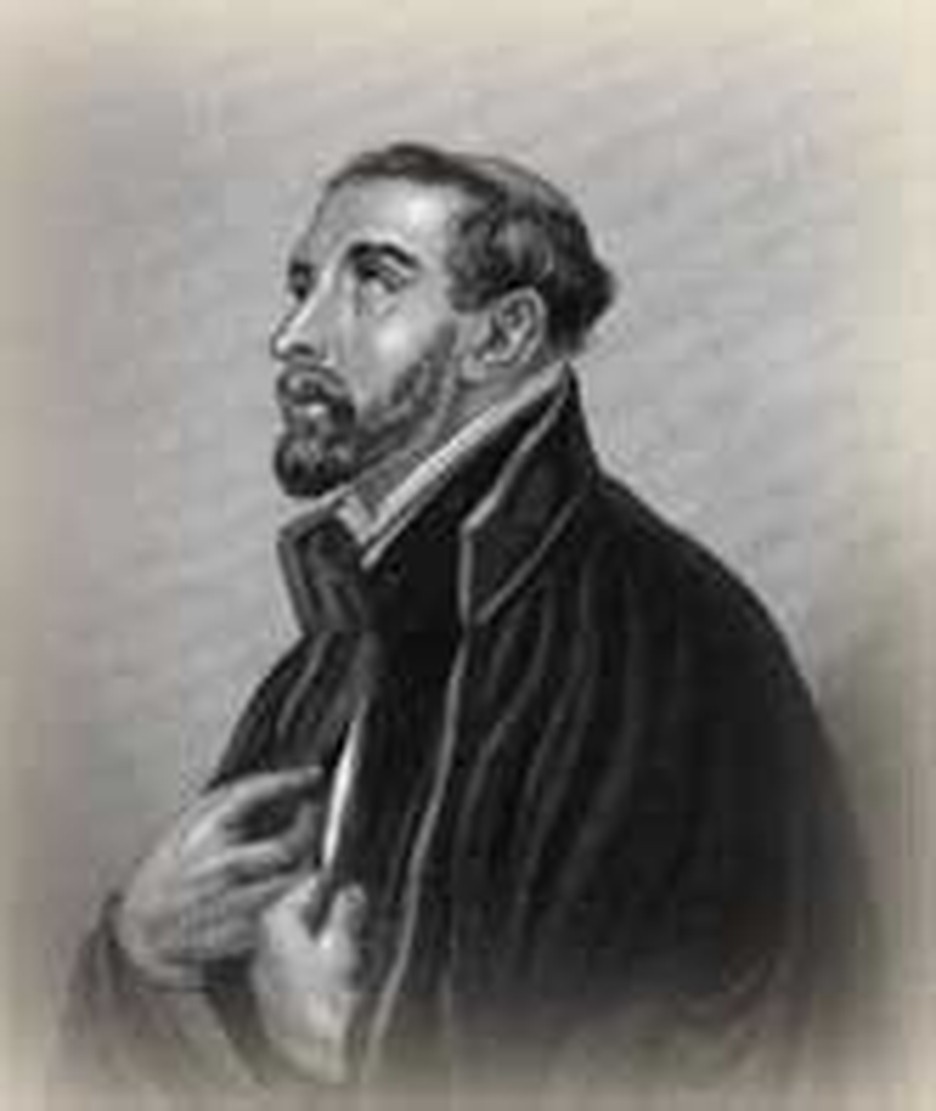
Born into a noble family, Francis Xavier showed brilliant promise and at a youthful age became a professor at the College of Beauvais. While in Paris he met Ignatius Loyola. This encounter transformed Xavier's life and propelled him into a life of prodigious labor for Christ. Loyola had recently undergone a conversion and turned from the pleasures of a grandee to wholehearted service for Christ and the Pope. His enthusiasm was contagious, and Xavier, after some resistance, abandoned his professorship, bound himself to evangelism, poverty, chastity and obedience. With a few other companions, they founded the Society of Jesus, more commonly known as the Jesuits.
At first they hoped to carry the gospel to Islam. This did not develop. The Pope however, employed the Jesuits throughout Europe in responsible positions. True to their mission, however, they labored in prisons, among the needy, and with the sick.
It was at this time that King John III of Portugal asked the Pope for missionaries to evangelize his Far Eastern possessions. Xavier was chosen. Immediately he departed for Portugal. There he met the king, who asked Francis to visit all his foreign possessions, report on the state of religion, and to do all he could to bring Christianity to the lost.
For three weeks, contrary winds kept Xavier from sailing. Finally the wind turned. All were commanded aboard. It was on this day April 7, 1541. Monks brought out a pulpit and Francis preached to the people on the shore, many of whom were there to say farewell to loved ones. As he finished, word was brought him of a youth mortally wounded in a duel. Francis hurried to the young man's side and pleaded with him to forgive the man who had wounded him. The dying duelist was unwilling. "Would you pardon him if God granted you life?" asked Francis. "Yes," whispered the dying youth. "Then you will recover," said Xavier. The young man did.
Francis, who was 35, never saw Europe again. Obedient to his promise to Portugal's King John, he traveled throughout Asia, preaching the gospel. His labors were herculean. In ten years, he traveled 9,000 miles, an considerable feat in those days of primitive transportation. He brought the gospel to more than 50 kingdoms, and baptized over one million converts. Japan was one of the nations in which he ministered. The church he planted endured three centuries of persecution without Bible or priests, parents passing the word to children. In the nineteenth century 25,000 Christians remained on the islands.
His holy zeal attracted converts wherever he went. Hundreds of churches sprang up in his path. He died at 46, worn out from his labors. Gregory XV named him a saint. He is remembered as The Apostle of the Indies.
Bibliography:
- Astrain, Antonio. "St. Francis Xavier." The Catholic Encyclopedia. New York: Robert Appleton, 1914.
- Daniel-Rops, Henri. The Heroes of God. Garden City, New York: Doubleday, 1965, 1958.
- Durant, Will. The Reformation. New York: Simon and Schuster, 1957.
- "Francis Xavier, St." The Oxford Dictionary of the Christian Church. Edited by F. L. Cross and E. A. Livingstone. Oxford, 1997.
- Yeo, Margaret. St. Francis Xavier; apostle of the East. New York: Macmillan, 1932.
Last updated April, 2007.

_638876645809349421.png)
